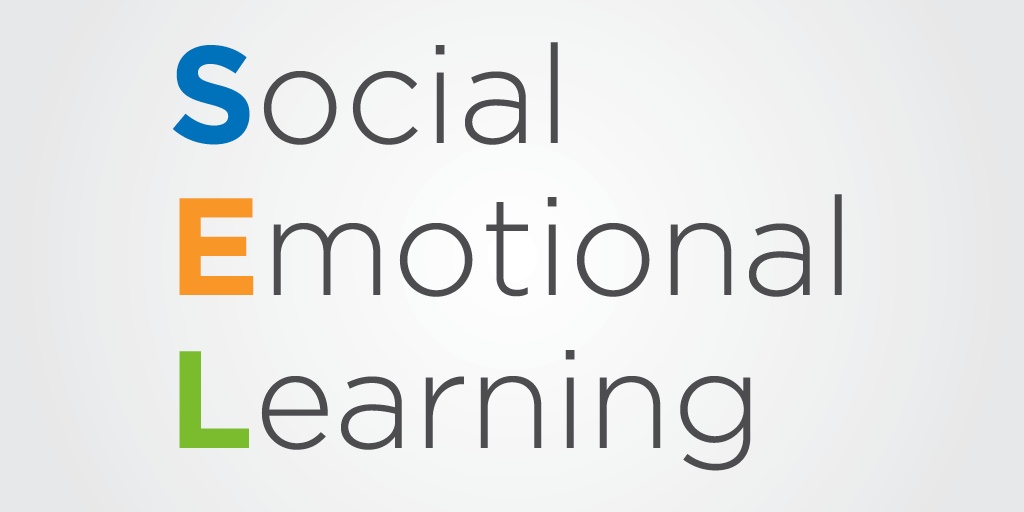
In the years that have followed the No Child Left Behind era, schools, teachers, and administrators have learned that a hyperfocus on reading and math doesn’t produce the best outcomes for students. We all knew that our students were so much more than a test, and now that we don’t have our entire system centered around these scores, we can refocus on what truly matters.
Many schools are discovering that students with strong social-emotional skills, especially in early childhood, have better outcomes and healthier lives over peers who do not. This probably doesn’t surprise most of us. Being able to cooperate, compromise, empathize, and negotiate are skills that help all of us be successful—much more so than a score on a test.
Teaching Social-Emotional Skills
As we pivot away from a test score being the sole indicator of “success,” we are beginning to search for what can help us to achieve these other areas. How can we help students to resolve conflict, empathize with others, and have social skills? Many of these skills are learned at home from parents—if students don’t learn skills there, is it possible for a school to teach them?
The short answer is yes. Research indicates that students can learn social skills when presented in an engaging and systematic way. Just like reading and math skills, some students learn these skills with just a few examples, while other students require multiple repetitions before they master and internalize the concept. Students need to practice the skills and apply them, just like we do in any other curricular area. But when we do this, we see evidence that students can learn new skills and retain them over time.
Where is a teacher or school to start? Here are some ideas for social-emotional curricula that are research-based and worth considering:
Second Step: This purchased curriculum focuses on conflict resolution and self-regulation. One of the benefits of the program is how the skills build on one another from year to year. When aligned and taught systematically, the research demonstrates strong outcomes. There are good visual models for teachers to use and role-playing opportunities for students.
Lions-Quest: This K-12 curriculum aligns around the five components of social-emotional learning. The lessons are structured to have surface-level information at the start, with reflective and deeper learning as a secondary option if time allows. The program is affordable and is sponsored by the Lions Club service organization.
Overcoming Obstacles: This is a free program that covers a wide range of skills for students from K-12. From bullying and respect to teamwork and goal setting, there are a number of great skills that students can learn. There are also parts of the curriculum that center on career planning and time management, which are highly relevant (and necessary) for high school students.
Too Good for Violence: The “Too Good” programs come from the Mendez Foundation, offering a deep and comprehensive SEL curriculum for grades K-12. The materials are easy to use and navigate. There is time involved in teaching some of the skills, but the lessons cover a wide array of skills that students need. The resources for secondary students are particularly helpful for focusing on current issues like dating violence, respect for yourself, and social media awareness.
PATHS® Program: This program has a behavioral and classroom management component to it. Instead of just focusing on individual student skills, as many of these programs do, this has more of a “school-wide” or PBIS approach. The common language that all staff members are trained to use has a powerful impact on students over time.
With any of these curricula, implementation is key. To increase effectiveness, teachers must buy into the program, use the common language, and model the skills for their students. But for many teachers, it is hard to know where to start with a topic like self-awareness. Having a guide to lead the discussion definitely helps.
If your classroom or school is searching for a starting point with SEL curricula, this may help to get the ball rolling and the juices flowing. These five SEL options are by no means an exhaustive list. I have come across a great resource for finding more information on SEL curricula, so if you are really wanting to research specific programs, this is the place to look. It is from the Wallace Foundation, and is both current (2017) and comprehensive.
How does your school incorporate SEL? Let us know in the comments below! And to stay up to date with the latest in education and EdTech, be sure to subscribe to the Educator blog.



